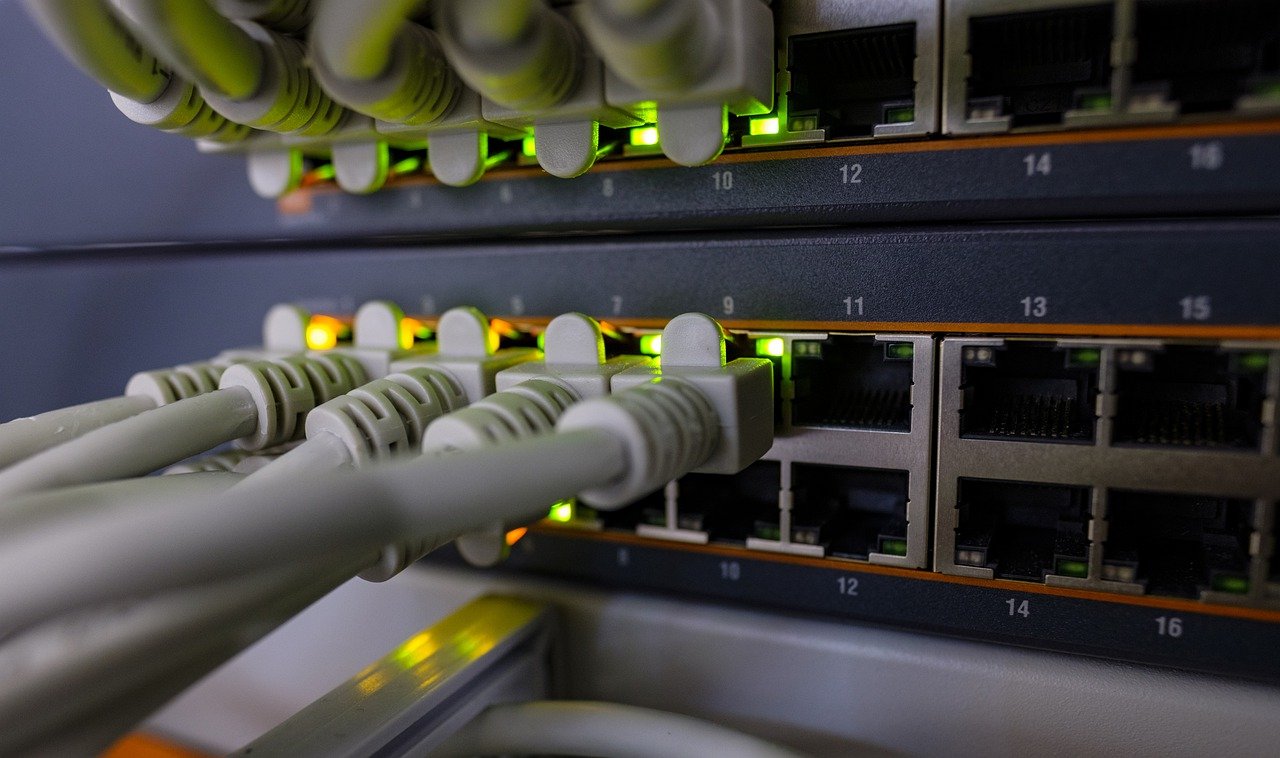Free domain for home projects
Warning
There are problems with the Freenom registry, which no longer has the concession for .ga domains and may lose others as well. See also article
Imagine when you type your domain name into the browser and your smart home system (Home Assistant) appears, or your site hosted on your Raspberry Pi at home. But how cool is that?
Often, however, one has to make do with somewhat alternative solutions because one’s home IP address is not fixed. So you have to use services that stretch the domain name a bit, or worse let you choose one part (the subdomain) while the end part is fixed and not always short.
Services like Duck DNS allow you to have an address like WHAT-YOU-WANT.duckdns.org. Absolutely convenient and easy to set up (thanks to some integrations as in Home Assistant) and use. But lately Duck DNS has had some stability problems.
I opted to buy my own domain so that I could completely choose the name I liked best. Of course, I had to make some compromises in order not to spend a capital, however, it is possible to find domains for a few dollars (Porkburn, NameCheap, …). Few people know that there are free domains that can be created by anyone.
These are the top-level domains available for free: .tk, .ml, .ga, .cf and .gq. Through the Freenom site you can register the domain which if you want for free and then must be renewed every year. Once you register the domain you can choose whether to set up a simple HTTP redirect, or assign the domain to a DNS server.
If one chooses the second option one can rely on Cloudflare as DNS per domain, so as to protect and hide the home IP address. Even for Cloudflare there are scripts or other programs to automatically update the IP in the DNS record. You can also take advantage of Cloudflare’s certificates to enable HTTPS.
If you use Cloudflare as your DNS to generate certificates on Let’s Encrypt, it will not work with these domains. In this case you must download a certificate from Cloudflare (source certificate, in the SSL/Source Servers menu) to communicate securely with their servers and then take advantage of their proxy. This certificate cannot be used to communicate directly locally with the service, all traffic will pass over your internet connection on a round trip basis (not very effective).
